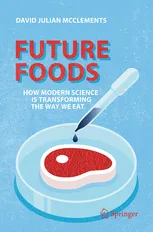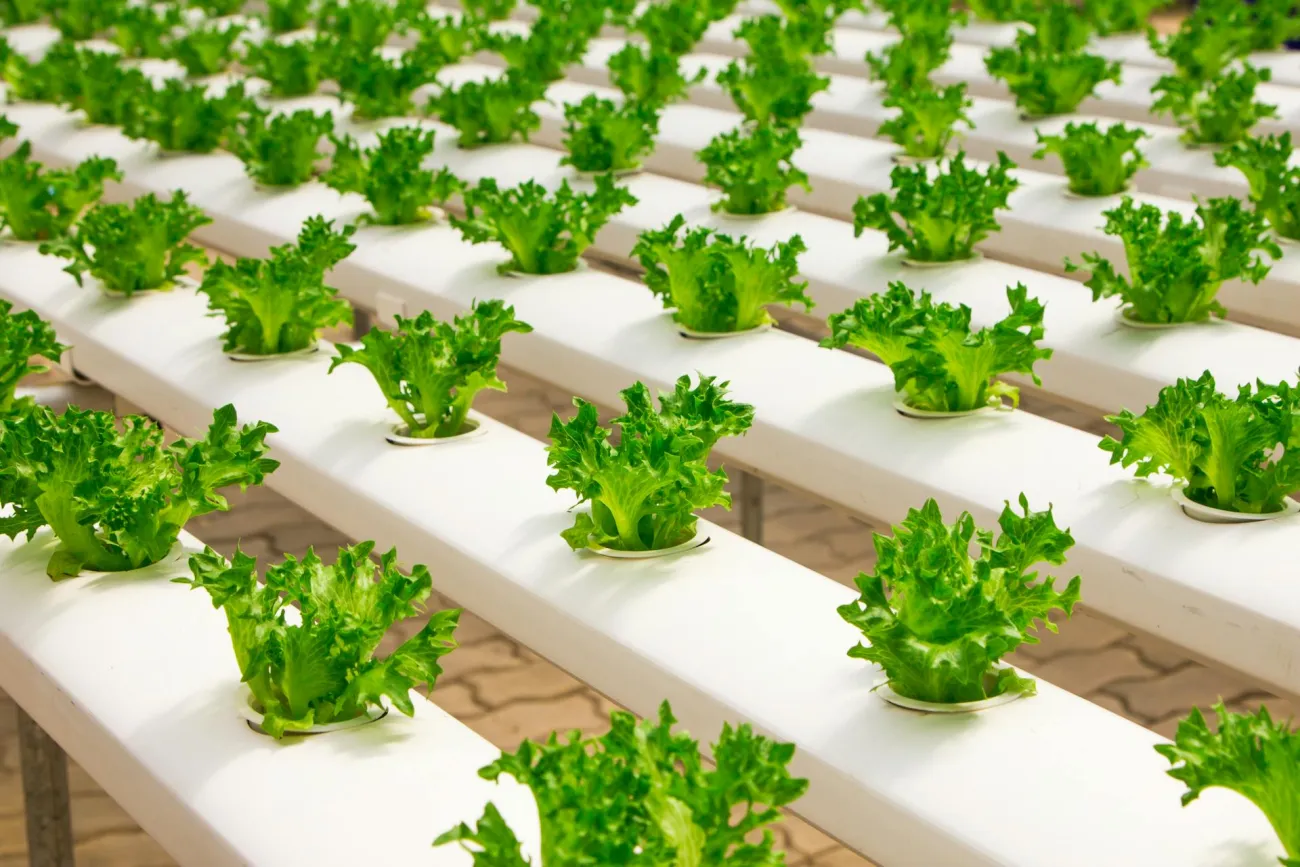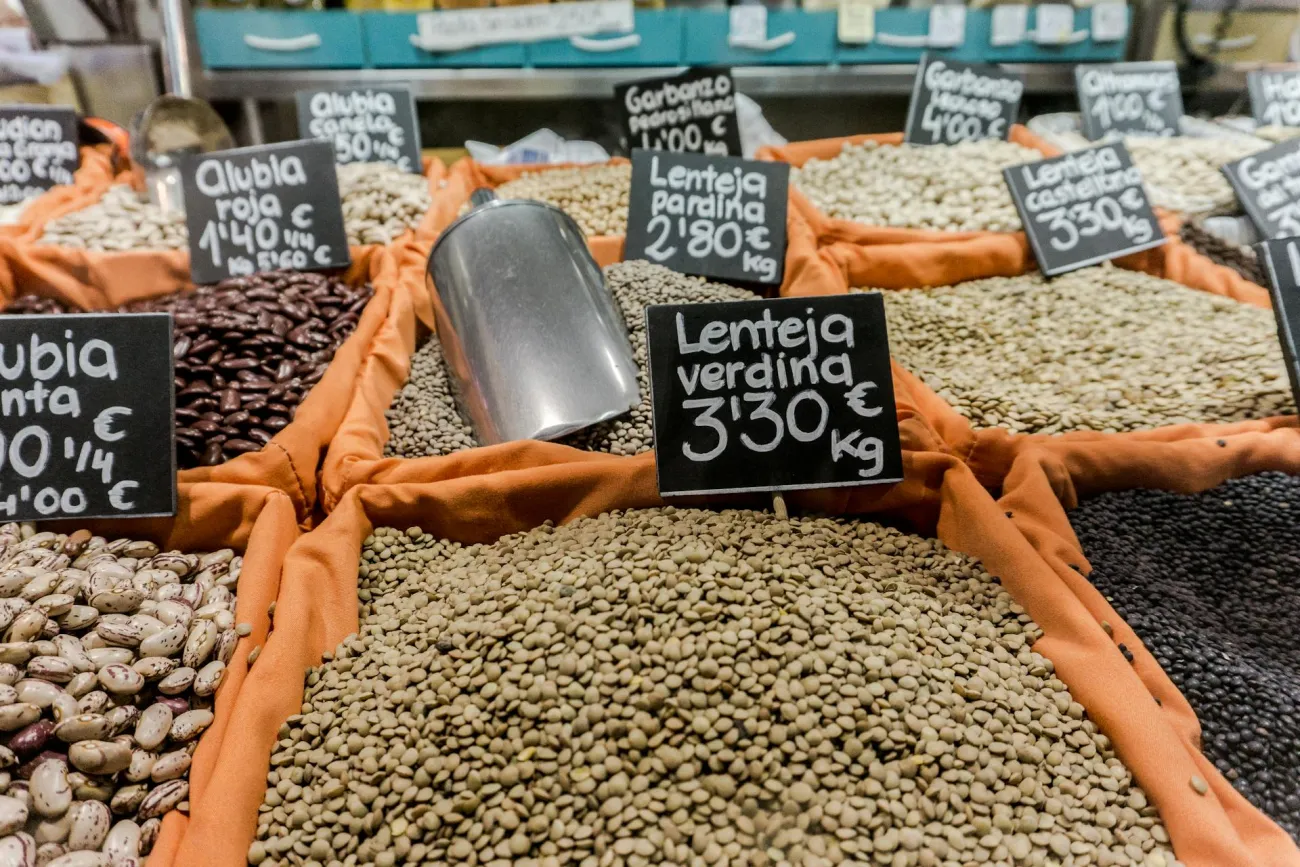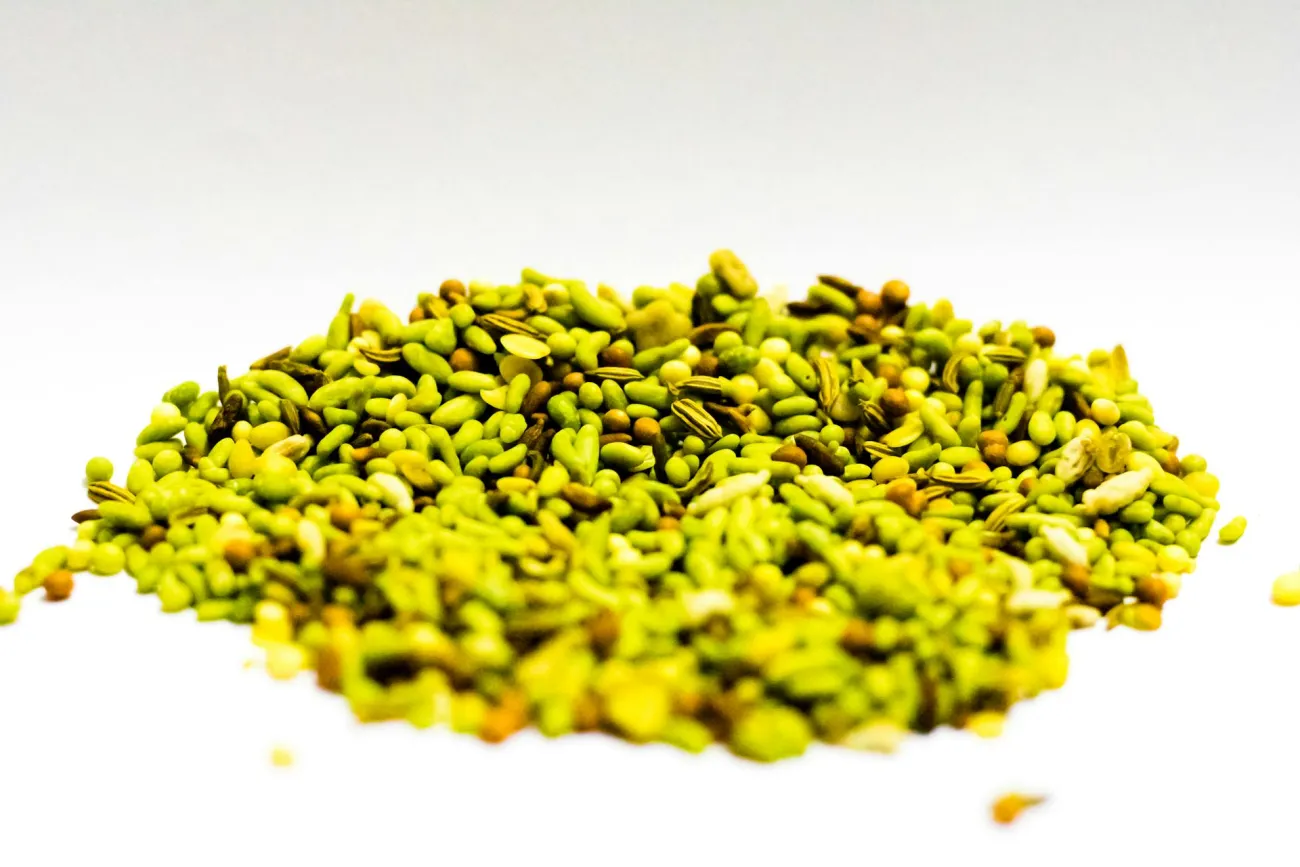This book by David McClements discusses scientific and technological advances (such as gene editing, nanotechnology, and artificial intelligence) in the food system, and outlines both potential benefits to people and the environment and concerns over how the technologies might be used.

Publisher’s summary
We are in the midst of an unprecedented era of rapid scientific and technological advances that are transforming the way our foods are produced and consumed. Food architecture is being used to construct healthier, tastier, and more sustainable foods. Functional foods are being created to combat chronic diseases such as obesity, cancer, diabetes, stroke, and heart disease. These foods are fortified with nutraceuticals or probiotics to improve our mood, performance, and health. The behavior of foods inside our guts is being controlled to increase their healthiness. Precision nutrition is being used to tailor diets to our unique genetic profiles, microbiomes, and metabolisms. Gene editing, nanotechnology, and artificial intelligence are being used to address modern food challenges such as feeding the growing global population, reducing greenhouse gas emissions, reducing waste, and improving sustainability. However, the application of these technologies is facing a backlash from consumers concerned about the potential risks posed to human and environmental health.
Some of the questions addressed in this book are: What is food architecture? How does sound and color impact taste? Will we all have 3D food printers in all our homes? Should nanotechnology and gene editing be used to enhance our foods? Are these new technologies safe? Would you eat bug-foods if it led to a more sustainable food supply? Should vegetarians eat themselves? Can nutraceuticals and probiotics stop cancer? What is the molecular basis of a tasty sustainable burger?
Reference
McClements, D. J. (2019). Future Foods: How Modern Science Is Transforming the Way We Eat. Springer Nature Switzerland AG, Basel.
Read more here. See also the Foodsource chapter What is a healthy sustainable eating pattern?




Comments (0)